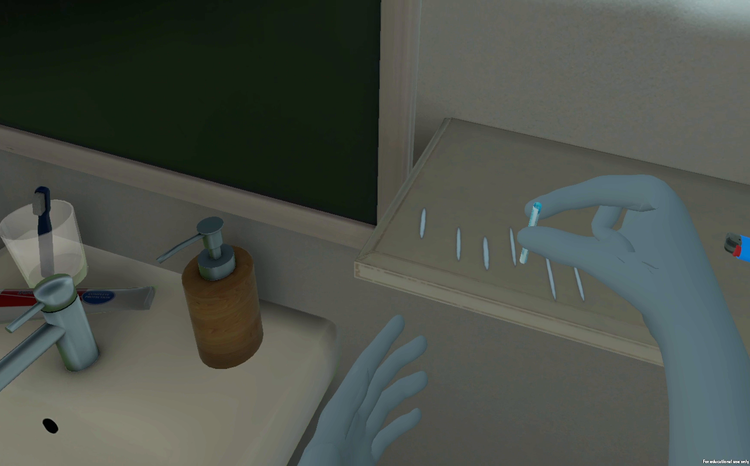Hungary signs e-health deal with GE Healthcare
- 28 November 2008
 The Hungarian government has awarded GE Healthcare a €3.3m ($4.2m) deal to lead a project on developing telecare services for elderly citizens.
The Hungarian government has awarded GE Healthcare a €3.3m ($4.2m) deal to lead a project on developing telecare services for elderly citizens.
A consortium led by GE Healthcare, a unit of General Electric Company, will develop new ways of monitoring the health of elderly people in their own homes. GE Healthcare will invest an additional €850,000 ($1.1m) in the programme.
The consortium will employ 71 researchers and associates, and will create 23 new jobs in Hungary.
Under the three year programme, researchers from industry and academia will develop integrated systems and processes for the remote monitoring of the health of elderly citizens, particularly those who suffer from neurological conditions such as stroke, dementia and depression.
The Hungarian government is investing in e-health telecare services to help meet health needs linked to changing demographics. Hungary faces a population that is both ageing and declining, expected to drop from 10m today to 8.4m by 2050, by when over 30% are expected to be over 65.
The GE-led consortium will also research and develop remote telemonitoring systems that monitor both activity levels and vital signs such as blood pressure and heart rate, alerting caregivers to changes that may signal potential health issues or emergency situations.
Research will focus on the potential benefits of home health monitoring for elderly patients with chronic health problems such as stroke, depression and dementia. The Consortium aims to identify activity patterns and physiological symptoms that may remotely predict onset of disease, diagnose a condition earlier, identify problems such as a relapse or detect a worsening of a condition.
In addition to GE, the consortium includes two Hungarian healthcare companies, Mednet 2000 and Meditech, together with the University of Pannonia at Veszprem, the University of Szeged and the Budapest Tech Polytechnical Institution.
Hungary already has advanced prototype remote health monitoring networks installed in towns and cities across the country, which the Consortium will use as a basis for further development.
Dr. Károly Molnar, Minister without Portfolio for Research, Science and Innovation in Hungary, said “This program offers an important opportunity for Hungary to take part in the development of innovative technologies to help older people. The rapidly aging population of Europe, including that of Hungary, requires new research to enable elderly citizens to stay in their own homes for as long as possible, as this is a really cost-efficient form of delivering healthcare.”
Dr Molnar said the Hungarian Government was confident that the partnership of GE, two Hungarian companies and three Hungarian universities “will be able to develop new info-communications tools and technologies that can be marketed not only in Hungary, but also in Europe and other countries worldwide in the future."
Omar Ishrak, president and CEO of GE Healthcare’s clinical systems business, added: “Demographic changes such as growing aging populations present enormous healthcare challenges in the care of elderly citizens and the prevention and management of chronic disease. The consortium members are looking forward to working together to drive innovation in this emerging area. We have a shared vision that this project will ultimately transform the lives of elderly citizens.”
GE Healthcare has a strategic relationship with Living Independently Group, a US based provider of a passive activity and behavioural monitoring systems used to assist in the care of the elderly. In March 2008 GE Healthcare acquired VersaMed Corporation, a provider of portable critical care ventilators for respiratory care which can be used in the home setting. This October the company acquired Vital Signs Inc, a provider of products for home respiratory care, particularly in the management of sleep apnoea.
GE Healthcare also has significant expertise in healthcare IT and medical engineering, as well as active research programs in telecare at the GE Global Research Centres.
In November, the European Commisison issued a communication urging EU members to investigate the potential benefits of telemedicine and accelerate the use of home health monitoring, especially in the management of the chronic diseases of the elderly.
In 2004, Forrester Research forecasted that the worldwide market for remote personal health monitoring would reach $5 billion in 2010, increasing to $34 billion by 2015. More recent research from Forrester suggests growth will prove slower due to market barriers, particularly in the US.




